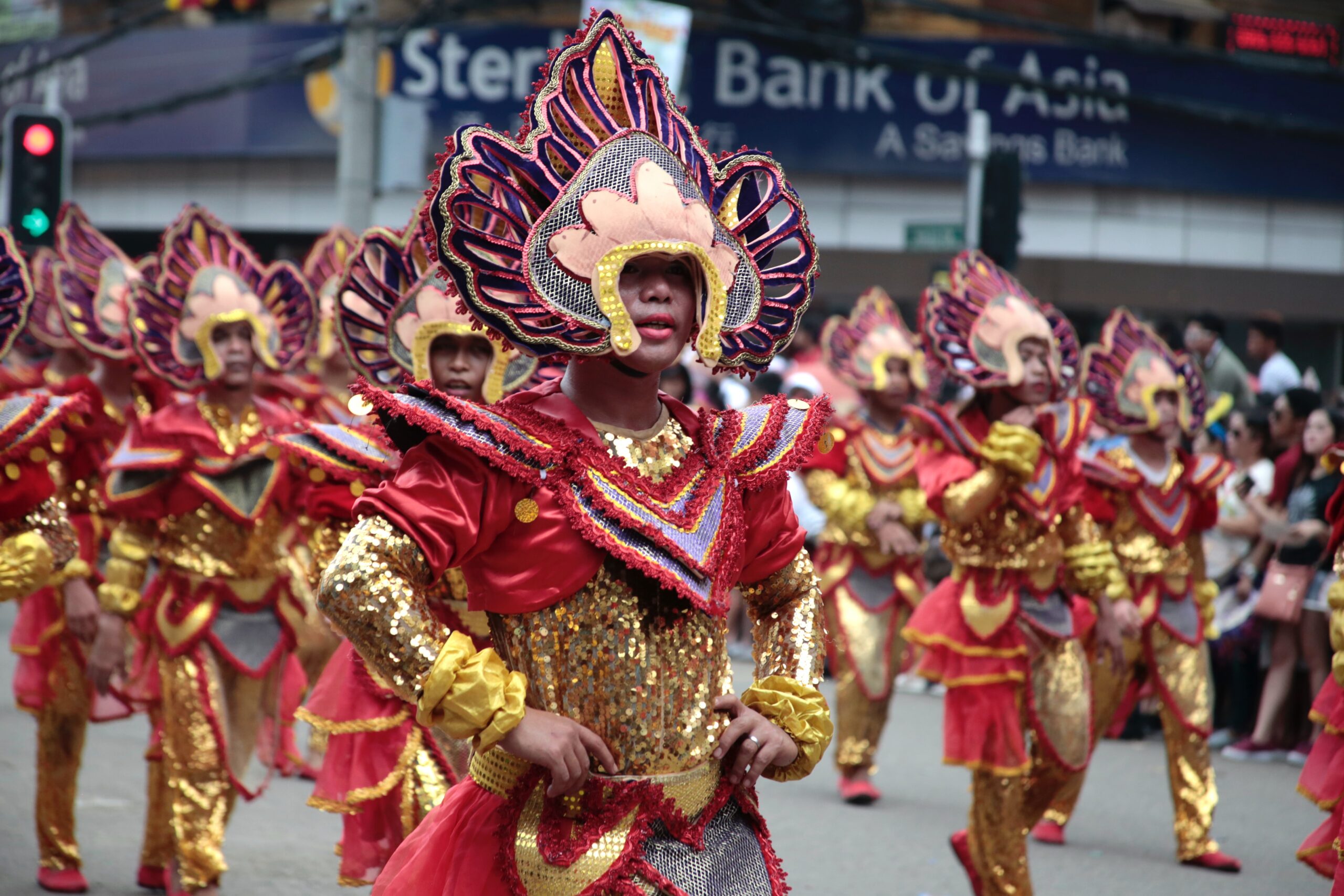The tale is about an ox and a donkey which are owned by a merchant farmer who can understand animal language. This story is shared by the vizier to Shahrazad to talk her out of her plan.
The tale starts one day when the merchant farmer heard his ox complaining to the donkey regarding the constant hard labor. Based on the ox, the donkey seems to have a more comfortable living since the merchant farmer seems to feed and care more the donkey than the ox. The donkey only serves as an occasional transportation whilst the ox is being overworked in the fields on a daily basis. Finally, the ox complained that the donkey has even a better sleeping place than him. The donkey listened to all the ox’s complains and finally shared a piece of his mind.
The donkey instructed the ox to reject all the food given by the merchant farmer and to refuse to work. As per the donkey’s advice, the ox’s complain might be addressed by the merchant farmer. So, the next day, the ox followed the donkey’s advice. Unbeknownst to the both animals, the merchant farmer heard their conversation yesterday. As a result, the merchant farmer gave a day-off to the ox; however, he used the donkey to fulfil the ox’s job for that day.
The donkey regrets advising the ox yielding a backfire by bringing himself trouble.
At the end of the tale, Shahrazad still insists on marrying the king. The vizier warned her that the king might treat Shahrazad like how the merchant farmer treats his wife leading for the vizier to share another tale.
Tags: Arabian literature, Middle Eastern literature, Arabian tales, Arabian Nights, literary tradition, cultural influences, diversity in literature, folk tales, literary analysis, literary themes.
Author: Christian Loid Valenzuela







